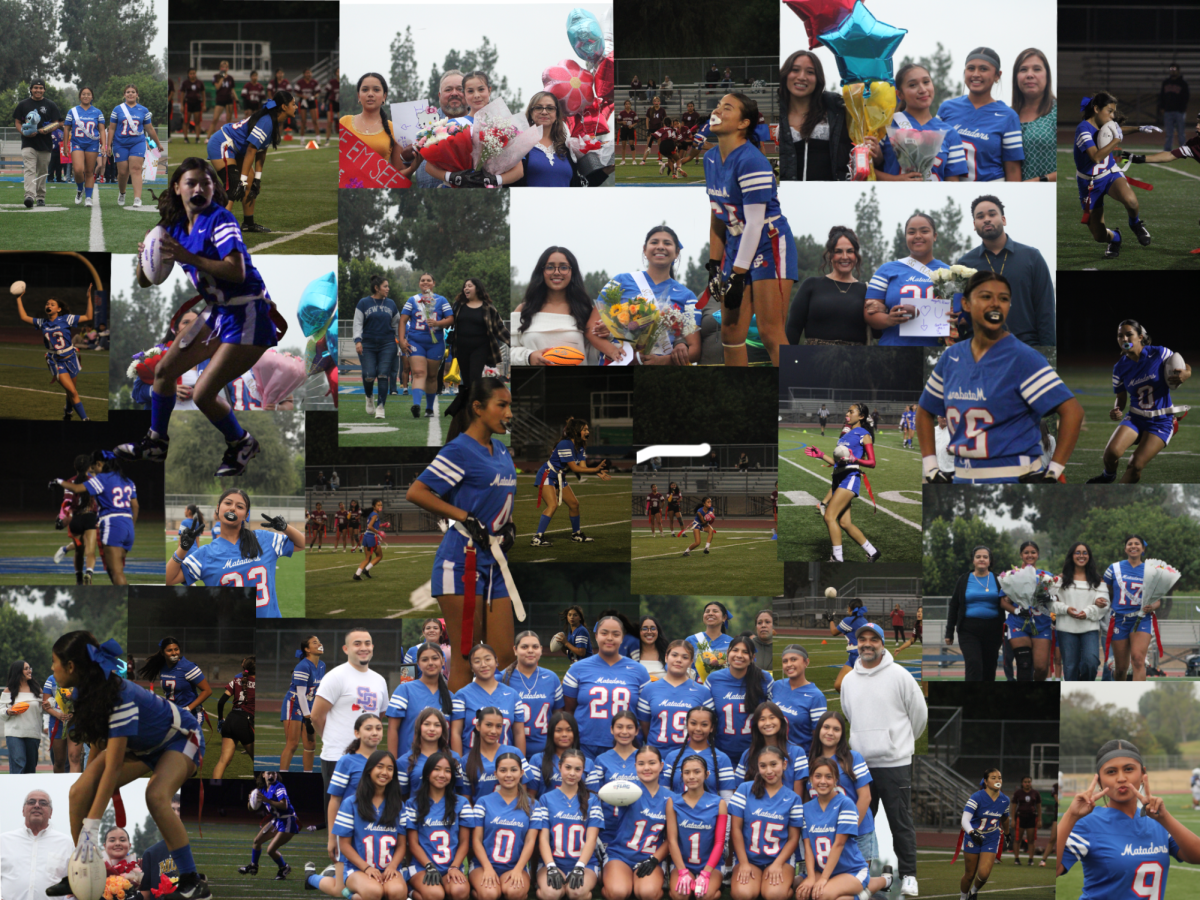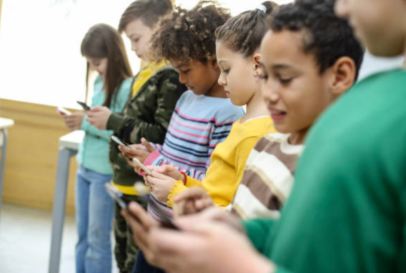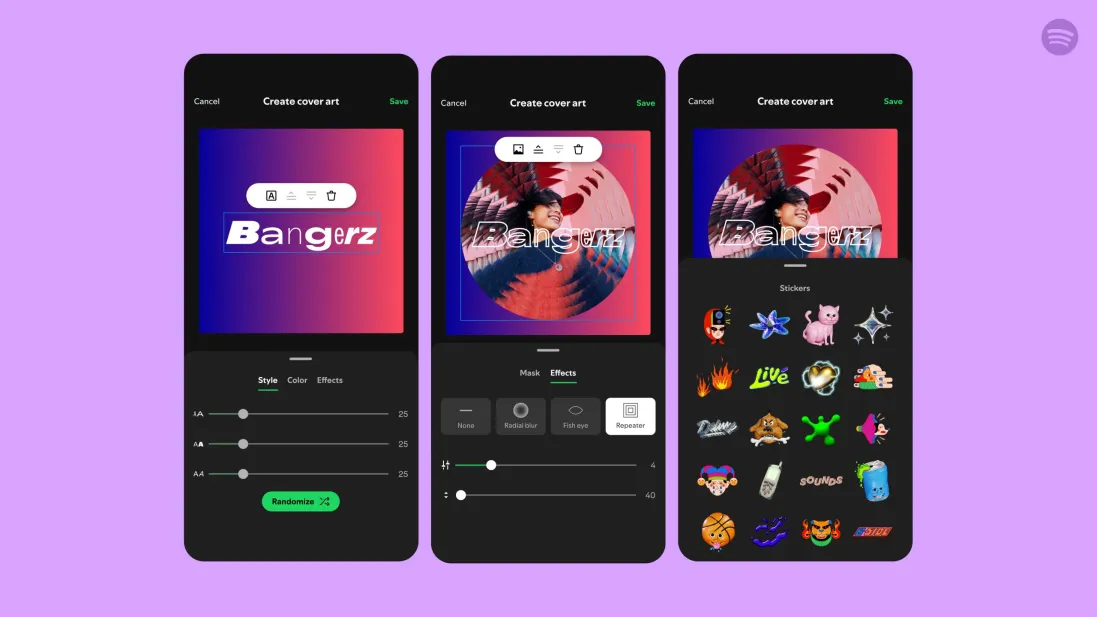Walk into any classroom, and you will see students mindlessly scrolling through short form videos, texting friends, or frantically Googling for answers instead of thinking for themselves. The moment Wi-Fi cuts out, chaos erupts—panic spreads as if oxygen has been sucked out of the room. This dependency on phones and the internet is not just a habit: it is a full-blown addiction, and it is ‘cooking’ society.
Students no longer rely on their textbooks and in-depth discussions to learn. Now, every question is answered with a quick search, reducing critical thinking to a series of taps and swipes. Ask someone to solve a math problem, they most likely will struggle without the help of technology. Assign a reading assignment without an audiobook, and they will complain about having to sit down and focus. Overreliance on technology has made students lazy, impatient, and unable to function without instant results. Learning isn’t about understanding concepts anymore –it is about how fast you can look something up.
It is not just about academics – phones are replacing real human interaction. At lunch tables, groups of friends sit together in silence, each glued to their screens. Social skills are deteriorating, with conversations replaced by emojis and Tiktok streaks. Even outside of school, students cannot go a few minutes without checking their notifications. This constant need for digital stimulation is destroying the attention span of many and making it impossible to enjoy the present moment. Studies, led by the Yale Department of Psychiatry and Columbia School of Nursing, have shown that excessive screen time is linked to increased anxiety and decreased focus, yet no one seems willing to put down the screen.
Some argue that phones and the internet are necessary tools in the modern world. Sure, technology provides access to unlimited knowledge and connection, but at what cost? When students can’t go a day– let alone a minute – without their devices, it’s clear we have a problem. The internet should only be a tool, not a crutch, yet students are increasingly dependent on it for even the simplest tasks.
Relying too much on AI strips students of essential critical thinking and creativity skills. Instead of undersing complex ideas, they default to instant answers. They skip to the struggle that builds true understanding. Students are longer engaged deeply with their work, they lose the ability to think independently. All they think about is if AI can help lessen their burden. If students can not read an article without summarization software or students without AI-generated notes, how will they handle real-world challenges that require patience and problem-solving?
Schools need to start enforcing stricter phone policies and encouraging face-to-face discussions. Students need to take the responsibility to relearn how to think, communicate, and live without a screen in their faces. If we do not fix this soon, society is doomed to be nothing more than a collection of Wi-Fi dependent zombies.

























